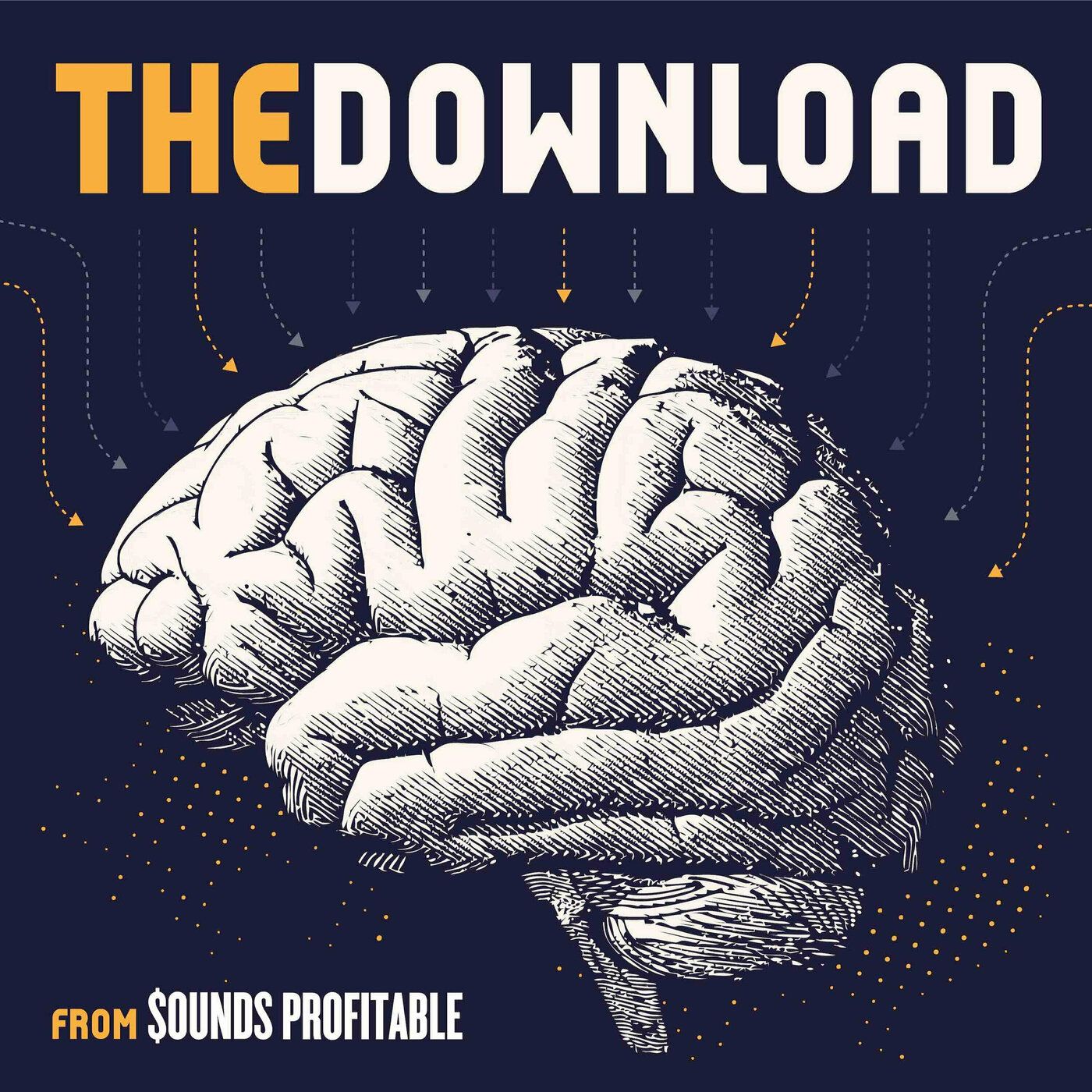Podcast Episode Details
Back to Podcast Episodes
Podcasting overtakes talk radio, CPMs increase & 7 Other Stories
Episode 23
This week: Podcasting overtakes talk radio, CPMs increase, video game ads counting as podcast downloads, and Publishers test personalizing newsletters. Podcasting overtakes talk radio, CPMs increase Manuela: For today’s first segment we’re going to cover two recent pieces about industry growth. First, Kurt Hanson’s Rain News recap of the Audioscape 2022 talk by Cumulus Media executive Pierre Bouvard. The biggest eye-catching number from Bouvard’s presentation of Edison Research media involves how the 18-34 age group spends their weekly time listening to talk or personality-driven audio content. Terrestrial radio has been overtaken in this bracket, with podcasts taking 60% of those listening hours. “Even within the older demos of 25-54 and 35-64, podcast listening’s share of talk/personality listening is high — 47% and 39%, respectively, with those numbers up nearly double and more than triple, respectively, compared to five years ago.” Continuing the trend of good news from new data, Libsyn’s Advertisecast has published their Podcast Advertising Rates 2022 report. The presentation is compiled from reporting data provided by 2,985 podcasts. Podnews editor James Cridland reported on Monday: “There has been a jump in the average CPM for podcast advertising, according to Libsyn’s AdvertiseCast: the average is now $24.35, the second-highest on record. It’s up 3.7% month-on-month, or 5% year-on-year.” Podcasting continues its upward climb. More listener share over radio and growing CPMs sounds like a good thing to us. A follow-up on video game ads counting as podcast downloads. Shreya: Last week we covered Ashely Carman’s piece covering podcast companies, most notably iHeartRadio, purchasing downloads via mobile game ads. In a follow-up piece covering industry reactions posted last Thursday, Carman got official comment from the Interactive Advertising Bureau. “The standards are in a continual state of review,” said Eric John, vice president of the media center at the IAB. “We’re trying to ski to where the puck is going ultimately, and we’re going to make standards to match the industry’s needs.” On the same day Podnews reported a response from Podtrac explaining why the gaming ads only playing 20 seconds of an episode of were counted as full downloads.
“It’s our understanding they appear as browser traffic without a unique user agent (or [unique] IP address). These downloads don’t have a material impact on the publisher rankings including the rank order of the top publishers.” Then, in related news, HotPod reported on an InsideRadio piece covering Podtrac suspending its weekly data newsletter after iHeart stopped sponsoring the project. The decision was reportedly made over a month ago. According to HotPod, the last data tracker email they’d received was published September 13th, while the last one with iHeartRadio branding had been sent August 15th. Since the HotPod publication went live, InsideRadio - a company owned by iHeartMedia - has pulled their Podtrac story. Publishers test personalizing newsletters with varying degrees of success Manuela: Last Wednesday Digiday’s Sara Guaglione reported the experiences of publishers who experimented with using tools to generate personalized newsletters for subscribers. We’re covering it here as the tools and methodology involved might just be of interest to podcasting. From the article: “As companies like The New York Times and The Washington Post experiment with personalizing their homepages to get readers to consume more articles, publishers are also tweaking newsletters to serve readers’ sp
Published on 3 years, 2 months ago